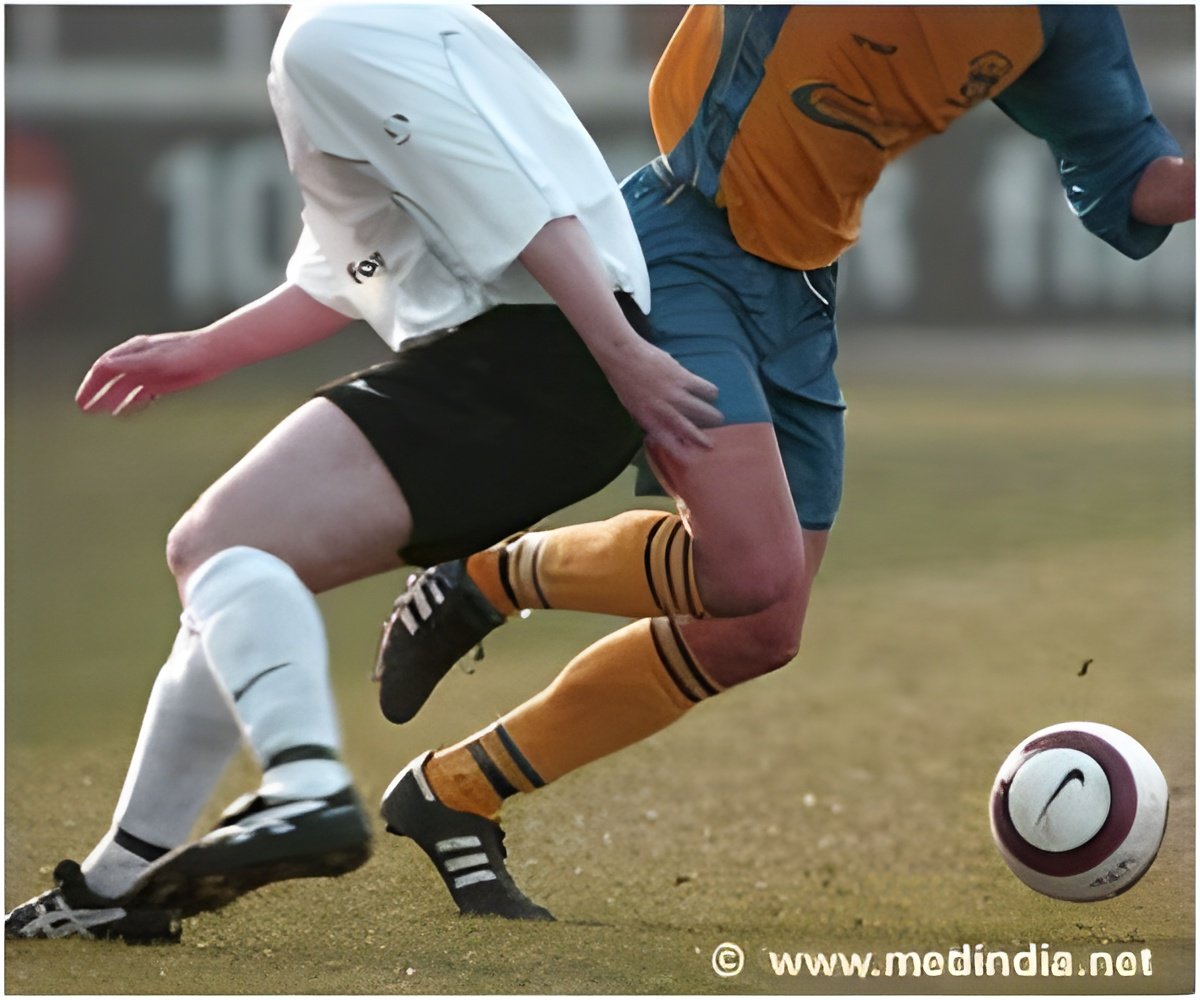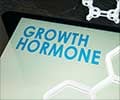A growth hormone, which has been alleged to have been used by the players of Australian football club Essendon, is a banned substance, the World Anti-Doping Agency (WADA) has confirmed.

The report further said that although confusion has surrounded the status of the growth hormone with the Australian Crime Commission stating in its Drugs in Sport report that the drug was not yet banned, however, WADA has issued a statement that since the drug has not been approved for human use, it is a banned substance.
According to the WADA, under the 2013 Prohibited Substances and Methods List, the substance has not been approved by any governmental regulatory health authority for human therapeutic use, and thus is prohibited.
The WADA further said that it had issued the statement following several inquiries regarding the drug and Dank's reported statement that he had injected Essendon players and coach James Hird with the anti-obesity drug.
Meanwhile, Metabolic Pharmacy chief executive David Kenley, whose company holds the worldwide rights to the drug, said that he believed that the players used the drug to help them recover from injury more quickly.
The WADA statement comes as Charter claims he helped elite footballers dope and dodge blood tests, the report added.
Advertisement











